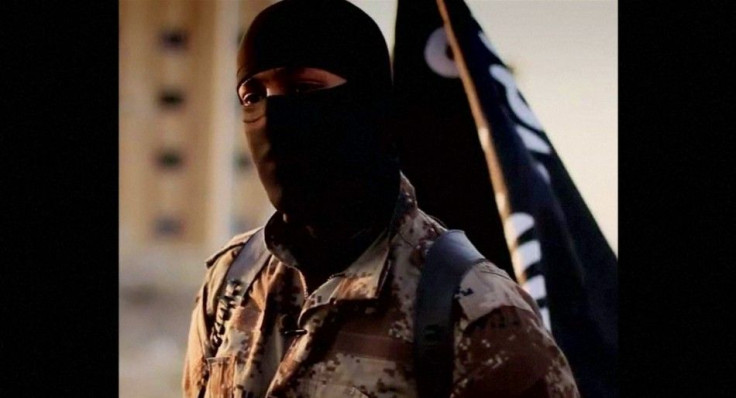Masked Terrorist in IS Propaganda Video ‘May be’ Canadian

The masked terrorist in the Islamic State propaganda video may be a Canadian. According to the FBI, the man's accent is similar to a Canadian's.
The FBI has asked Canadians to check out the masked man in the propaganda video. It suggested that the man in the video may have Canadian roots. FBI spokesman Andrew Ames, however, clarified that it was not claimed that he was a Canadian. Ames, on the other hand, said that people outside the agency claimed that the man could be Canadian after they had watched the video. Toronto Sun reported that the FBI had shared photos of the masked militant and a short excerpt of the Islamic State video to help people identify the man. The photos were shared on YouTube as well as on the official website of the agency.
The Sept 19 video showed a masked man wearing a desert combat uniform. The tall man was fluent in Arabic and English as he switched between the languages quite easily. The switch of language, according to the FBI, was to attract the Western audience. The man has a "well-rounded pot belly" visible even through the loose-fitting gear. He is standing in front of a number of people in the video, who are apparently digging their own graves. The group of people, whose faces are blurred in the video, seems to be soldier- prisoners kept hostage by the Middle Eastern extremist group.
Montreal Gazette reported that a couple of linguists had claimed on Thursday that the masked man could have Canadian roots. His pronunciation of certain words like "out" and "Islamic" gave strong indication that he might be a Canadian. Language experts from the McGill University and the University of Toronto told the same to Postmedia News. American intelligence officers reportedly tried to match the voice with voice-recognition software but failed to connect it to any known terror-suspect.
According to Professor Charles Boberg, there is also a probability that the man learned English in Canada. He said that it might also be possible that he had spent a part of his childhood in Canada. "There were some words that made it very likely that he probably learned his English in Canada. It doesn't mean he's Canadian. It doesn't mean he's from Canada," Boberg said, "It just means that when he was forming his phonetic patterns of English they were formed with a strong Canadian influence."
Contact the writer: s.mukhopadhyay@ibtimes.com.au





















